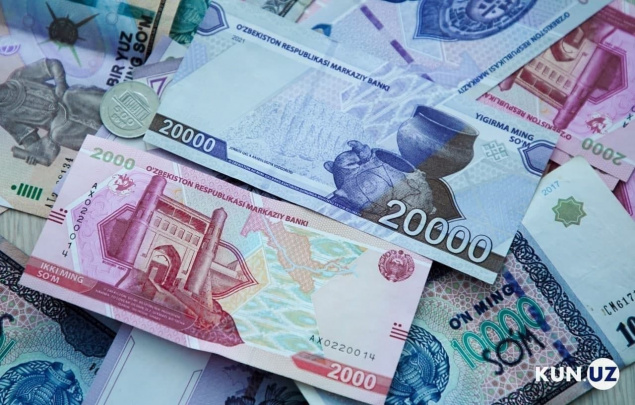As it was reported earlier, the Ministry of Economy and Finance published a budget message for 2024-2026. It sets out plans and forecasts related to public finances.
Ministry specialists presented a forecast for the next year budget. Its consolidated expenses are estimated at 312.8 trillion soums or 24% of GDP, while the budget deficit will be 4% of GDP.
About 29.8 trillion soums are planned to be spent on subsidies – this is 9.5% of total expenses. For comparison, the volume of social benefits will be 18.6 trillion soums (5.9%).
The bulk of the funds (28.38 trillion soums) will go to subsidies under state programs. At the same time, their volume will decrease compared to this year – according to the Ministry of Economy and Finance, it will amount to slightly more than 31 trillion soums.
The largest item in the subsidy will be compensation for the difference between the prices for the purchase and sale of natural gas – 9.5 trillion soums will be allocated for this. At the same time, it should decrease by almost half compared to the forecast for 2023.
Another 4.49 trillion soums will be spent on compensation to heating enterprises – approximately 2.5 times more than this year. This is slightly less than the total budget expenditures on the education system (4.77 trillion soums).
Private kindergartens will receive 3.03 trillion soums (+9.7%) from the budget. The next largest item of subsidies (2.5 trillion soums) – compensation for the difference in electricity prices – exceeds healthcare costs (2.16 trillion soums).
Subsidies for the purchase of housing will amount to 1.5 trillion soums, or 28.4% more than this year. The same amount will be used to compensate for losses of public transport – against 705 billion soums this year.
The forecast volume of budget expenditures for 2025 is 362.5 trillion soums. Of these, 6 trillion soums (1.65%) are expected to be allocated to gas subsidies and 2.5 trillion soums (0.7%) to electricity subsidies.
In its August forecast for Uzbekistan, Fitch noted a likely increase in the budget deficit. The agency considers the delayed reform of energy tariffs and the maintenance of subsidies to be one of its reasons.






